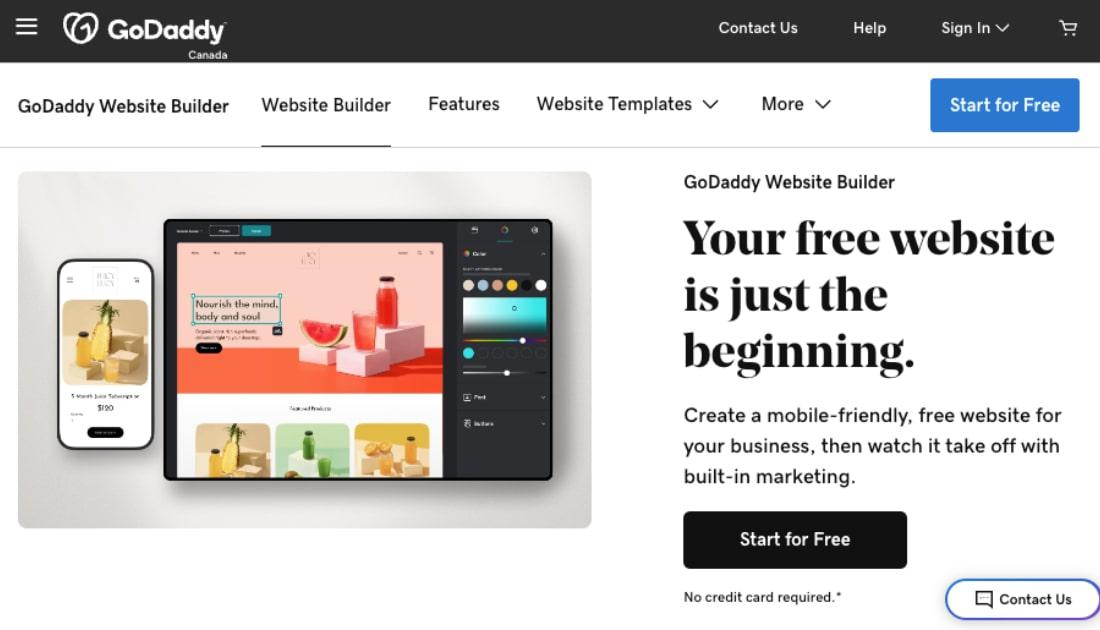It’s a truth nearly universally acknowledged that every business needs a website — at least if the owner wants it to be taken seriously. Many entrepreneurs know that there’s this search engine optimization (SEO) thing that needs some attention if they want to boost their web traffic. Unfortunately, we’re all spread pretty thin, and between wearing too many hats and uncertainty about tech-savvy things, far too many of us fail at SEO optimization.
It doesn’t have to be that way, even if you’re not a tech expert.
1. Make a list of relevant keywords
We’re going to start simple. Think about all the terms people might use to find your business or the services you provide online. What are they typing into Google?
Begin making a list — a real list, not a mental one — of all these terms.
Now Google your competitors. What language and keywords do they use on their websites? Looking around at websites for similar businesses can help you identify words that might not have initially occurred to you.
For example, let’s say you own a small appliance repair shop
You’d want to include phrases like “small appliance repair,” which would be obvious, but you also might want to include phrases like “fix toaster,” which might not have immediately occurred to you.
If you’re stuck and feel like there are keywords you’re missing, there are scores of free online tools (e.g. Google Keyword Planner, Ahrefs, SemRush) that can help you cover all your bases.
2. Put your keywords in the right place

Photo: KOBU Agency on Unsplash
Your most important and generally applicable keywords should figure front and center on your website’s home page. If you have a range of services or kinds of products, your website probably has additional pages, and you should populate those pages with different keywords that are specific to that page.
Once you’ve chosen target keyword or phrase for a page on your site, you’ll want to add it to:
- The page title
- The first paragraph of text
- At least one subhead on the page
- The page metatags
- The page URL
So, going back to our appliance repair example, if you also sell used appliances, you’d set up a separate page on your site that discusses that aspect of your business. Keywords like “gently used microwave” or “refurbished fans” might be appropriate to weave into this page in all the places listed above.
Related: Local SEO for Canadian businesses
3. Create a sitemap for large websites
If your small business has a relatively modest number of pages — say less than 500 — you don’t necessarily need a sitemap, which is basically a set of instructions for Google’s bots on how to “read” your website. Anything you can do to help Google understand your website is worth doing, as the search giant can send more web traffic your way.
GoDaddy’s Websites + Marketing creates a sitemap for you automatically.
But if you have a big, complex site, that sitemap can be a tremendous asset when it comes to SEO optimization. For more information about creating a sitemap, use Google’s helpful sitemap resources.

Photo: Kaleidico on Unsplash
4. Get yourself some backlinks
A backlink is when another website links back to yours.
Why do they matter? Because Google’s algorithm leans heavily on backlinks when ranking pages. Basically, the more web traffic Google sees coming INTO your website, the more authority it assigns to it. People wouldn’t be linking to your posts or pages if they didn’t contain valuable information, right?
But how do you get backlinks?
The two most straightforward ways are to:
- List your business in appropriate directories based on your industry and area. For Canada-based businesses, InvoiceBerry maintains a good list of directories
- Create helpful articles and guest blogs on other websites that include links back to your website (Google will see these as inbound links)
For details on creating backlinks, see these helpful suggestions from Ahrefs site
5. Now create useful content
While it is possible to cram your website full of keywords and hire a company to sprinkle links to your site all over the web, this isn’t recommended.
There’s no substitute for genuinely useful, relevant content on your website.

Talk to your customers and your peers to get ideas for articles, videos and infographics to share on your website and your social feeds. Keep in mind that SEO optimization is your goal, so you want your articles, blogs and tutorials to include relevant keywords. The goal is to bring potential customers — people searching for information related to your business — to your website.
A note about original content:
If you’re a solid writer and have time to pen your own blogs, then go ahead. But if you’re slammed or if you know writing isn’t your forte, your best bet may be to hire a freelance writer to help you keep your website fresh and full of content that will draw new customers to you via Google.
6. Evaluate your SEO optimization efforts
You may be a unicorn — an entrepreneur who has all the business they can handle. But the rest of us have to work to bring in clients and shoppers. How will you know if you’re doing the best job of SEO optimization possible?
Well, your sales are one indicator. But there are also useful, free tools that will help you track your website’s performance.
The first of these tools is Google Analytics. You’ll get detailed data and analysis that lets you see everything there is to know about your web traffic. Another useful tool is Google Search Console, which gives you access to more detailed measures of your website’s search engine optimization effectiveness.
You need SEO optimization to get more web traffic
SEO is vital, no matter your industry or business model. If your business has a website, you need to focus on SEO.
After all, what good is a website if few people find it?
Of course, SEO doesn’t have to be a DIY operation.
You can hire any number of freelancers or firms who will deliver reliable results. But those services come with a price tag. And here’s the big secret: You can make considerable strides in SEO optimization all by yourself, even if you aren’t a tech wizard, and even if you don’t have tons of time to devote to the task.
By using the right keywords in the right places, creating a sitemap for large websites, getting backlinks to your website, creating useful content and evaluating your SEO optimization, you’ll bring the right people to your website and from there to your business.








